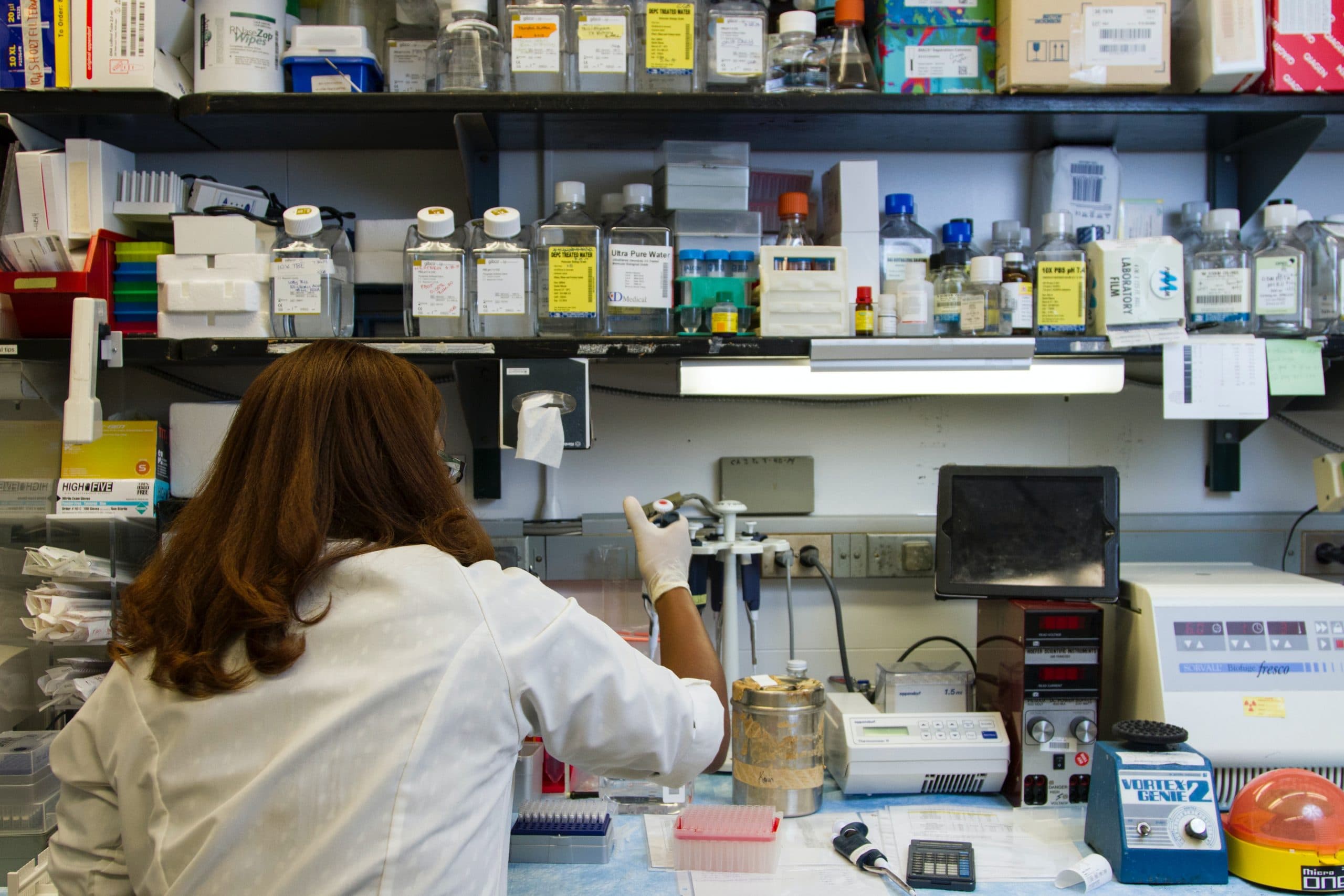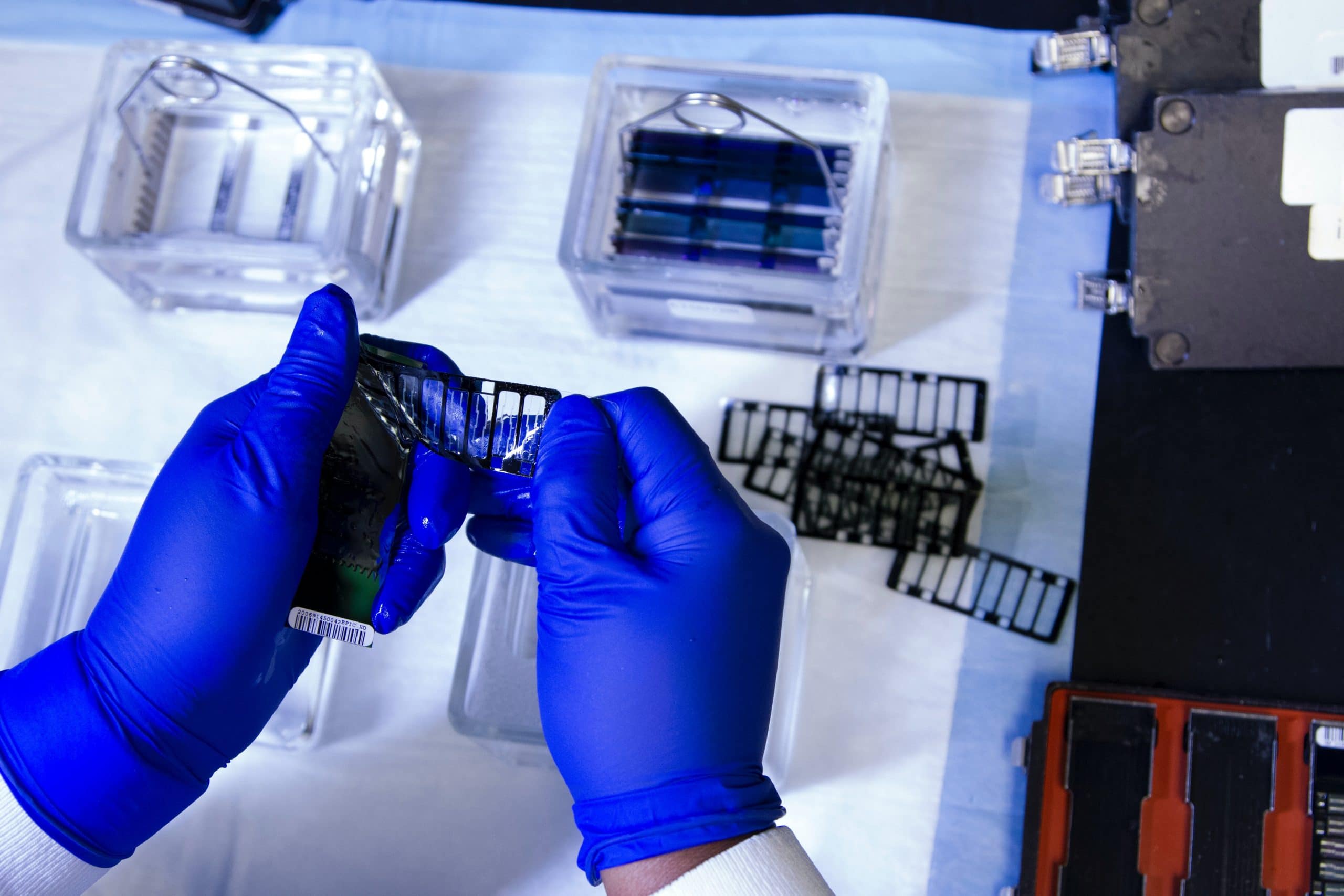Genetic Testing
Is genetic testing available?
At the core of our work is the knowledge that genes are not destiny. The conditions that we study are influenced by hundreds or thousands of versions of genes as well as environmental factors. But there are also genes that might buffer environmental risk, and there are environmental factors that protect against genetic risk. So we do not anticipate that there would ever be a simple test that could capture all of that complexity. We are still working on identifying the many (probably thousands!) of versions of genes that influence risk for various psychiatric conditions. Right now, researchers can create a score of how many of the known risk variants an individual carries (called a polygenic score), but these scores are not designed to predict who will develop the disorder. In the future, as we identify more versions of genes involved in risk and protection for psychiatric conditions, these scores are likely to improve and may one day be used in healthcare settings.
The environment plays a major role in the development of psychiatric conditions, so we will never be able to perfectly predict who will develop an illness. However, knowing if an individual is at high risk will allow them or their parents to take steps to prevent problems. The best predictor of an individual’s tendency toward a psychiatric condition is still family history. That is why when you go to your general practitioner or primary care physician’s office, you often fill out a checkbox of all of the illnesses that your family members have ever experienced. We are working to ensure that those checklists don’t just include heart disease, diabetes, asthma, and other physical illnesses, but also include mental health illnesses because not doing so perpetuates stigma and passes up a chance at detection, prevention, and early intervention.
Many companies have jumped way ahead of the science to make false promises about their product being able to test for genetic risk for various psychiatric disorders (like OCD or eating disorders). This is premature and has the potential to provide inaccurate information and risk assessment to those who pay.



